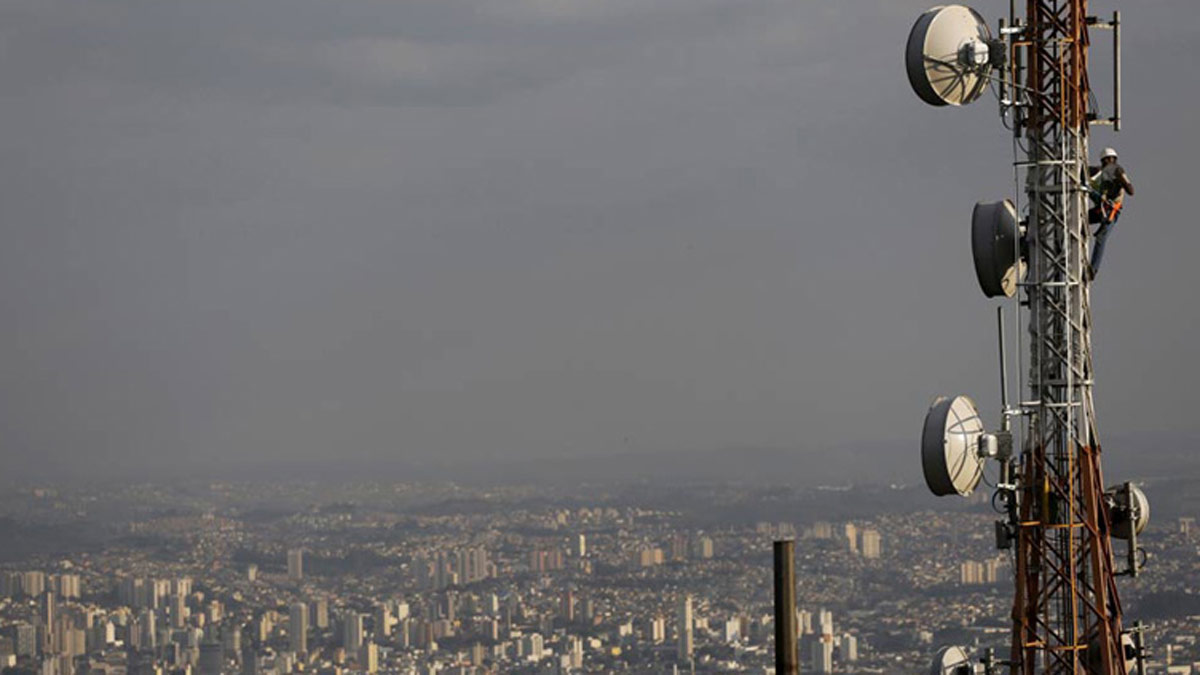With border terror worries, govt doubles down on security rules for satellite internet players
 Satellite internet is close to becoming a reality in India, but with all that’s happening at the border, the government is not taking any chances. The demands made by the telecom ministry to prospective players include tracking satellite connections in special monitoring zones.
Satellite internet is close to becoming a reality in India, but with all that’s happening at the border, the government is not taking any chances. The demands made by the telecom ministry to prospective players include tracking satellite connections in special monitoring zones.
In fact, the original, expansive requirement included monitoring up to 10 kilometres beyond India’s international borders, as also 50 kilometres within it.
According to reports, this clause was inserted upon the insistence of security agencies, though finally, the need for monitoring of satellite communication beyond India’s borders was taken out. It is said that players like Starlink, owned by Elon Musk, were non-committal on the requirement of monitoring zones extending beyond India’s sovereign shores. Finally, DoT is said to have dropped this requirement, even while retaining the 50 kilometres inside Indian borders as a special monitoring zone.
Another security condition is that mobile satellite internet devices (fixed line service is also being offered, which would be of use in remote and hilly terrains where normal networks are not feasible) would need to report their location for every 2.6 kilometres they move, or a one-minute duration, whichever is lesser.
The government also reportedly toyed with insisting that companies providing satellite internet had a shareholding pattern skewed towards Indian partnership; however, this was also dropped. The players in the field presently are Jio-SES from Reliance Jio, OneWeb which is owned by Bharti Airtel along with Eutelsat and Starlink, the latter becoming the latest to get the GMPCS license earlier this week. GMPCS stands for Global Mobile Personal Communication by Satellite.
While the first two have already got all permissions and are now awaiting the allotment of radio spectrum, Musk’s Starlink needs to get clearance from Indian National Space Promotion and Authorisation Centre (In-SPACE) which now shouldn’t take long.
Starlink had initially faced pushback from the government after setting up office in India in 2022 and taking orders before getting any clearances.
However, the company’s fortunes in the country changed after Elon Musk became the new US President Donald Trump’s friend, philosopher and confidante.
While Starlink has tied up with the two leading telecom operators in the country, Airtel and Jio, for distribution, it is not clear whether it will be only for equipment and subscriptions or whether the satellite access itself will be available through their domestic networks — just like Starlink having already put in orbit nearly 7,000 satellites for service around the globe, Bharti Airtel’s OneWeb also has as many as 648 satellites in place, with plans for another 100 to join them.
Apple’s 15 series phones onward are enabled for emergency satellite connectivity, which has been rolled out in a handful of Western nations so far.
Defence